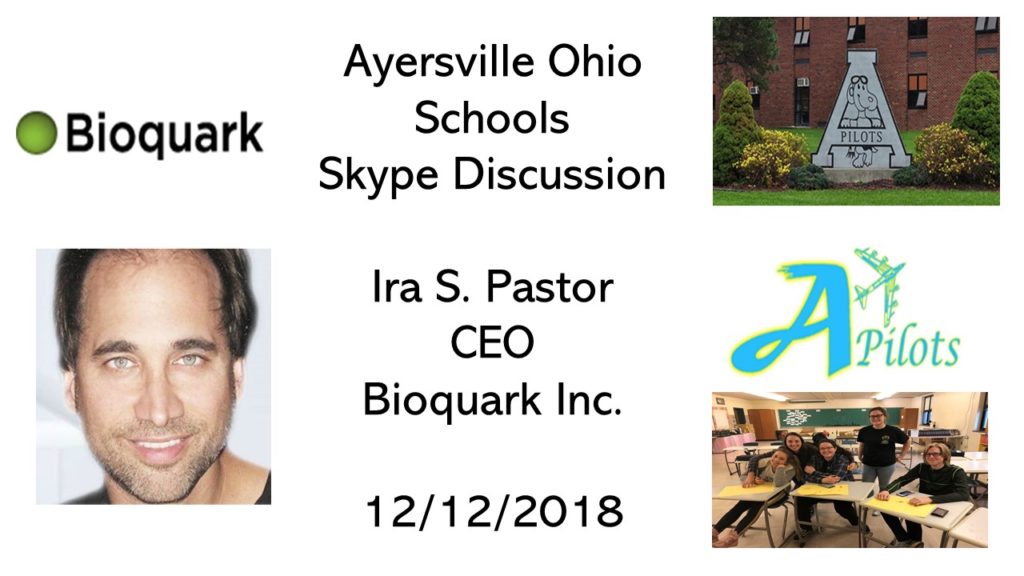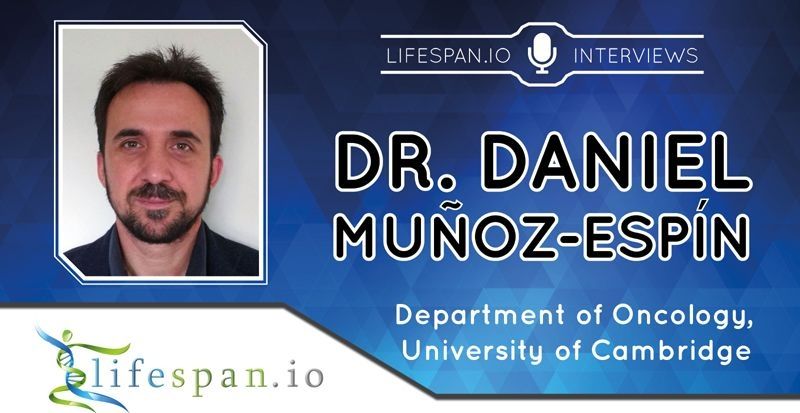Long live these genes!



Happy holidays! The winter break is here, and LEAF too will shift to a lower gear for a little while, but on the plus side, our readers get the Rejuvenation Roundup early! Before we leave you to unwrapping presents and having dinner with the family, let’s recap what has been going on in the field of rejuvenation during the last month of the year.

Had a great time with my regenerative biology Q&A session with Ayersville (Ohio, USA) Schools 2nd graders and high school advanced anatomy class — so happy to see kids out there that are interested in these topics at such a young age — creating the future, one mind at a time — https://www.youtube.com/watch?v=2_uu9f7nafc

I am overjoyed to be co-hosting the second “Undoing Aging” conference together with Michael Greve just one year after the first, thanks to the generosity and hard work of Michael’s Forever Healthy Foundation and their team.
It is now entirely appropriate to be holding conferences on rejuvenation biotechnology every year, given how rapidly the field and the industry have grown relative to a decade ago, when my conferences in Cambridge were biannual. As you will see below, we are again assembling a huge variety of world-leading speakers whose research spans all aspects of rejuvenation biotechnology.

During the Fourth Eurosymposium on Healthy Ageing (EHA), which was held in Brussels, Belgium last November, we had the opportunity to meet Dr. Daniel Muñoz-Espín from the Oncology Department of the University of Cambridge.
Dr. Muñoz-Espín received his PhD from the Autonomous University of Madrid, Spain, within the viral DNA replication group at the Centre of Molecular Biology Severo Ochoa, where he worked under the supervision of one of the most famous Spanish scientists, Dr. Margarita Salas. Dr. Muñoz-Espín’s postdoctoral research resulted in several published papers and a 2013 patent focused on DNA replication; he then joined the Centro Nacional de Investigaciones Oncológicas, or CNIO, the Spanish National Centre for Cancer Research, specifically the team of Dr. Manuel Serrano, co-author of The Hallmarks of Aging. The research that Dr. Muñoz-Espín conducted during this time demonstrated how cellular senescence doesn’t play a role just in aging and cancer but also in normal embryonic development, where it contributes to the shaping of our bodies—a process that was termed “developmentally-programmed senescence”, whose concept was very favorably received by the scientific community.
Currently, Dr. Muñoz-Espín serves as Principal Investigator of the Cancer Early Detection Programme at the Department of Oncology of Cambridge University; with his current team, Dr. Muñoz-Espín developed a novel method to target senescent cells, which was reported in EMBO Molecular Medicine. This topic was the subject of Dr. Muñoz-Espín’s talk at EHA2018 and one of the many fascinating others that he discussed in this interview.
The topic for the December Journal Club will be the recently published paper – Fisetin is a senotherapeutic that extends health and lifespan. This commonly available supplement and a plant-based polyphenol appears to influence the aging process in mice by clearing senescent cells, one of the suggested reasons we age.
If you like watching these streams and/or would like to participate in future streams, please consider supporting us by becoming a Lifespan Hero: https://www.lifespan.io/hero
Paper: https://www.ncbi.nlm.nih.gov/pmc/articles/PMC6197652/


Researchers have discovered a link between the cellular recycling system known as autophagy and the behavior of microglial immune cells during aging.
We have discussed the polarization of macrophages in a number of previous articles, and it has become quite a hot topic among researchers in the last few years. Microglia are tissue-resident macrophages in the central nervous system, and, like other macrophages, they also have a certain polarization state that essentially determines their behavioral patterns and activities.
There are two main polarizations in macrophages that are of interest: M1 and M2. In simple terms, M1 macrophages aggressively intercept pathogens and are proinflammatory, as they use various cellular weapons against invading bacteria and viruses. In contrast, M2 macrophages are focused on reducing inflammation to facilitate tissue repair and healing.

